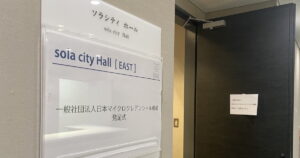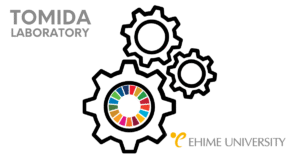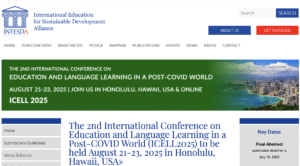Publication
News
- Trinity University of Asia to Host the International Congress TRIICON 2026
- Trinity University of Asiaにて国際学会「TRIICON 2026」開催
- Japan Micro-Credential Organization Launched
- Trinity University of Asia Delegation Visits Ehime University, Observes Innovative Zero2Maker Workshop
- 学びの証明、紙からデジタルへ!~オープンバッジとマイクロクレデンシャルの最前線を深掘りします~
- “Development of Scales to Measure Perceived Advantages of Micro-credentials” presented at Academic Conference
Research Agenda
Micro-credentials are “shorter forms of a learning experience as compared to the traditional formal degree programs with a stackable certification.” The idea is not new. However, with digital technology and current social needs, micro-credentials are now bringing transformational impacts on higher education systems beyond national borders.
As the role of higher education expands from high school graduates to a broader range of learners, and international collaboration becomes increasingly important, micro-credentials are emerging as one of the promising major curricular concepts. In this project, we will collaborate with an overseas research base, the University of the Philippines Los Baños to conduct action research focusing on the following three aspects:
- Establishing a context-responsive content development system: Content development that responds to crises such as natural disasters and opportunities arising from transformative new technologies is one of the most expected areas in micro-credentialing. We will model an internal and external resource management system that enables and improves these developments through action research.
- Establishing an international business model to enable sustainable content development: For context-responsive content in universities to be sustainable, it is necessary to establish a business model that can be shared across universities beyond national borders, determining how to redistribute revenue obtained from learners to content developers. We will jointly examine business models centered on the two autonomous overseas universities and clarify pathways for Japanese university faculty to participate.
- Developing a digital course quality assurance system: While quality assurance for course content is mainly achieved through national or third-party certification, blockchain technology enables the association of course evaluations and outcome assessments by students with each content piece. Although the focus of digital utilization has been primarily on learning history verification, this project will advance the development of a system to decentralize the evaluation of course content, thus contributing to advancing the technological foundation for micro-credentials.



